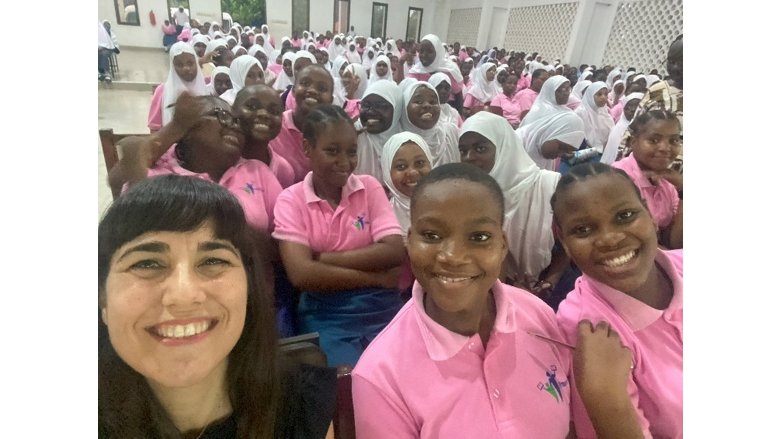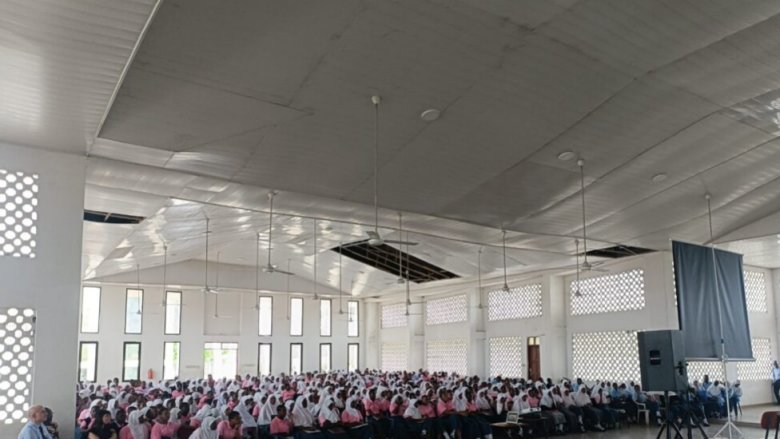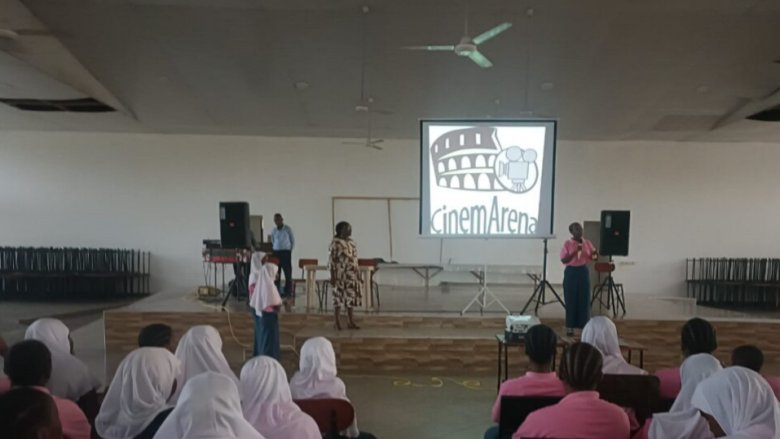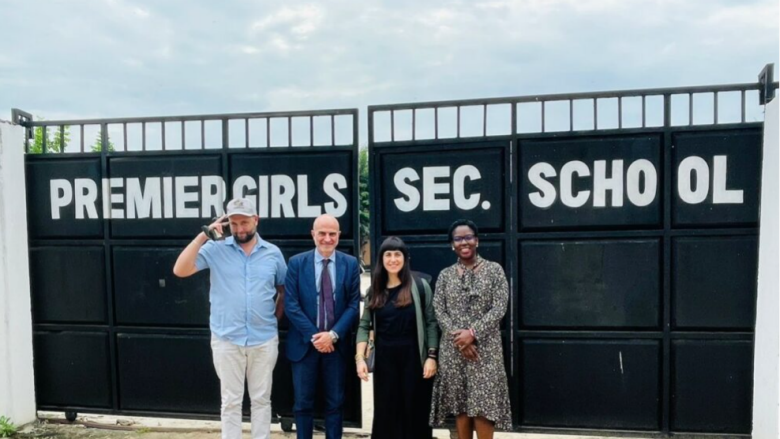“You cannot hope to build a better world without improving the individuals”
Marie Curie, Physicist and Mathematician.
Around 40 percent of female students in Tanzania enroll in university courses, but only 24 percent choose a degree in Science, Technology, Engineering or Mathematics (STEM), according to a UNESCO report.
Literacy levels are on the rise in this East African country – despite disparities in rural and urban areas, as well as in primary and secondary education – but developing a systematic approach to foster young girls’ involvement in STEM is particularly important. It contributes to their economic independence, narrows the gender pay gap and ensures a diverse and talented STEM workforce.
Against this background, the World Bank Center for Development Data (C4D2), part of the Living Standards Measurement Study (LSMS), in partnership with the Eastern African Statistical Training Center (EASTC), and support from the Italian Agency for International Cooperation (AICS), organized an outreach initiative in Tanzania to encourage young female students to pursue a higher education degree in STEM. (*)
“Our goal was to shed light on the opportunities to follow a career path in STEM, statistics and data science. It was our first time organizing such an event, and it was a very positive experience. We hope to use it as a pilot test to increase our outreach efforts,” said Federico Polidoro, Senior Statistician at the C4D2 and lead of the team who travelled to Tanzania to implement the initiative.
Six public and private high schools were visited over six days - one each day. Around 3,500 female students, aged between 14 and 18 years old, who were enrolled in the Ordinary and Advanced level of Tanzania’s secondary educational system, participated in the activities planned as part of the C4D2 outreach initiative.
“I was close to the girls, they were smiley, enthusiastic, excited and curious. There was a warm and friendly atmosphere throughout,” said Maria Chiara De Sando, who supported the coordination of the event and is a Senior Program Assistant at the C4D2.
Women in science: No sweet without sweat
The activities organized for the visits to each of the schools - located in Tanzania’s largest city, Dar es Salaam, and the coastal city of Bagamoyo - included the screening of a film and a previously recorded interview with Dr. Albina Chuwa, Statistician General of the Tanzania National Bureau of Statistics (NBS).
Chuwa recounted her journey as a young female statistician and the multiple challenges she had to overcome. In 1986, she was one of only two women, out of 75 members of staff, at the Central Bureau of Statistics in Tanzania – as NBS was formerly known.
“I had to fight my way through the men. When I said I had the dream of applying for the role of Statistician General, people were laughing at me: ‘Look at this Albina, she is a pre-school statistician.’ But I was so confident when I went to the interview! There were eight candidates, I was the only woman in the competition… and I got the role.”



